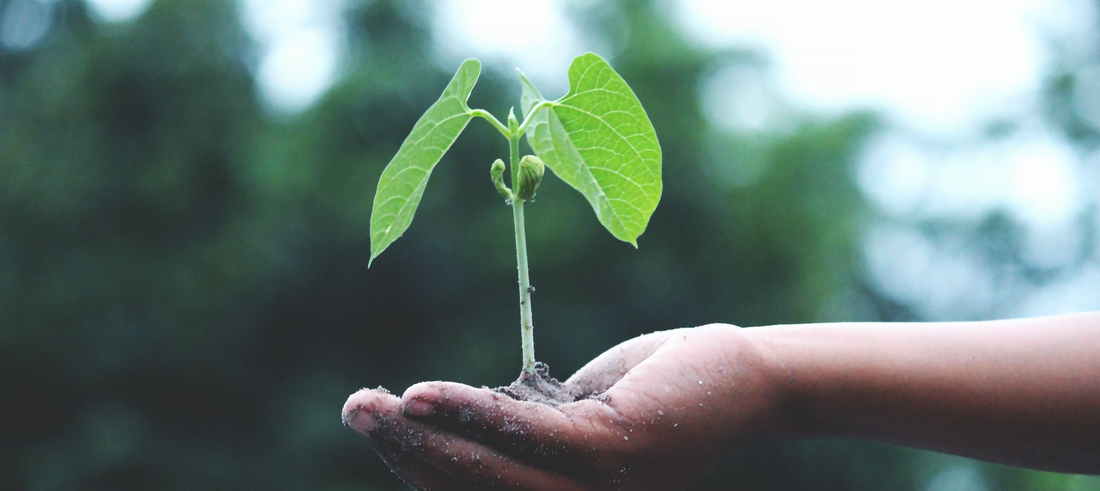Growth Hurts
Written by: JoAnne Pearce
“And the day came when the risk to remain tight in a bud was more painful than the risk it took to blossom.” - Anaïs Nin

If you take away nothing else from this blog series, let it be said without equivocation that learning how to be uncomfortable is the most important thing that you stand to gain from doing a sober challenge. This is the stuff right here. The juice. The squeeze. The very nectar of adulting. The secret to living a big, delicious life.
There are lots of ways to describe this concept, some more positively skewed than others. Broaden your horizons. Get out of your comfort zone. Challenge yourself. Explore your options. Personally, I prefer the blunt approach, because it keeps me on course when I’m tempted to waffle or procrastinate. Do. The Hard. Thing.
And by this, I do not mean that you should put yourself in situations that make you feel the icky kind of discomfort, like getting into the car of a strange man who offers to drive you to the mall.
The discomfort I’m talking about is the itch you feel when something is healing. Yes, it frustrates, but it’s also a sign that things are progressing. Old wounds are closing over, new skin is being formed.
I mean productive discomfort. Talking about that thing you don’t want to talk about. Opening the mail that you don’t want to open. Dealing with the back taxes. Making the apology. Checking the account balance. Applying for the grant. Going back to school. Showing up because you said you would.
Drinking alcohol, in the moment, is the opposite of discomfort.
It is a way to make things duller, more muted, less painful. Alcohol is a great tool for blurring out the edges and turning down the volume. It gives us permission to selectively fixate and procrastinate. Sometimes, there is tremendous value in anaesthesia, though alcohol is a dubious panacea of greatly diminishing returns. Alcohol also makes everything feel harder the next day, and it’s far too easy to get stuck in a loop of muting the volume, only to have it come back on louder, and louder, and louder. To quote Anaïs Nin again, “Living never wore one out so much as the effort not to live.”
Early sobriety, by contrast, is often unpleasant. Cravings are uncomfortable, as is socializing sober, or cleaning sober, or doing whatever it is that you used to do drunk, sober. Feelings like boredom, frustration, disappointment, and anger can all feel like sand in your pants, and you are likely to have them all during your sober month, even if you are just an occasional drinker. Learning how to sit with these feelings, without sucking back a six-pack, is an absolute victory.
Taking away a crutch like alcohol for one month is a fantastic way to get better at letting things be uncomfortable. It’s like push-ups for your emotional resiliency.
It should be said that this is not a diatribe against softness, or self-compassion, or rest. Learning how to comfort and soothe oneself is another one of the great lessons of adulthood. Discipline and self-care work best in symbiosis, when they are prioritized in equal measure. You won’t be able to do the hard things for yourself if you don’t also do the soft ones. In fact, if we were all just a little better at self-soothing, we probably wouldn’t have normalized alcohol abuse in our culture to the extent that we have.
If you never push through discomfort, though, you will never know what’s on the other side for you. Here is what happened for me. I got to know myself better. I learned what I can endure, and I have given attention to the areas in my life that needed it. I have discovered increased clarity, pliability and emotional maturity. I feel proud of myself, and that pride has transmuted into confidence. Things that used to feel hard, feel easier. I am ready for adventure.
This month, try reframing discomfort as an invitation towards growth, instead of a reason to run. Do. The Hard. Thing.
See you on the other side!



